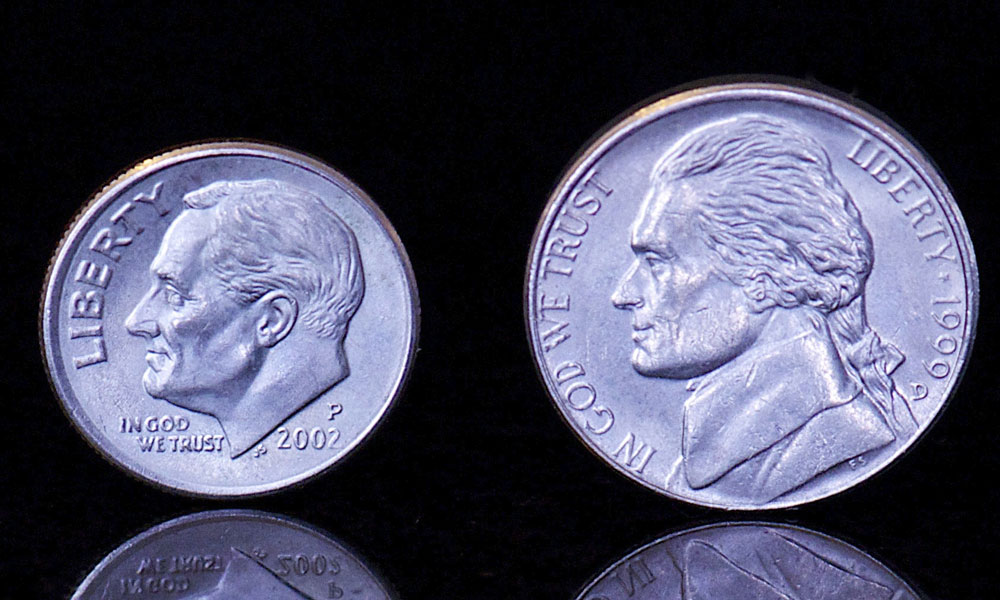
Report: Following Airlines’ Lead, Hotels Pile on the Fees
According to a new trend analysis from New York University, the hotel industry is continuing to follow the airline industry's example by incorporating fees into its business strategy. The tally this year? A projected $2.25 billion in the U.S. alone.
According to a new trend analysis from New York University, the hotel industry is following the airline industry’s example by incorporating fees into its business strategy. The tally this year? A projected $2.25 billion in the U.S. alone.
Think you’re getting nickeled-and-dimed at the airport? Wait till you get to the hotel.
According to a new trend analysis report from NYU School of Professional Studies professor Bjorn Hanson, Ph.D., the U.S. hotel industry will charge guests a record sum in fees and surcharges in 2014—$2.25 billion in all. It’s an area of constant growth for the industry, according to Hanson, a professor at the school’s Preston Robert Tisch Center for Hospitality, Tourism, and Sports Management. Indeed, just two of the past 15 years of the study have logged declines.
The increase, Hanson says, is partly explained by a 3.5 percent rise in hotel occupancy. But another key factor is that fees—both the number and the price level—have jumped 6 percent this year.
Fees vary wildly, covering items such as early departures, minibar restocking, business-center access, delivery surcharges on room service, and internet access.
It’s a tactic picked up from the airline industry, which recently drew Senate scrutiny for the $6 billion in baggage and change fees that carriers charged customers in 2013—and that significantly boosted their bottom lines.
“What role do ancillary fees play in your business model, and how has that role changed over the past decade?” Sen. Jay Rockefeller (D-WV), who chairs the Senate Committee on Commerce, Science, and Transportation, asked in a letter to the airlines. Also: “Do you retain personal information that your company obtains from consumers when they shop for airfares or from other sources?” Rockefeller asked the airlines to respond to those and several other questions so that the committee can better assess consumer-protection issues.
Hanson argues that airlines have paved the way for hotels to slap customers with similar fees. “The airlines have done a really nice job of making hotel fees and surcharges seem reasonable,” he told the Associated Press.
pain points
The extra charges may be good for hotels, but consumers aren’t happy about them. Wireless access has been a particular sticking point for many hotel guests, who are more likely to find free WiFi in budget hotels than they are in luxury accommodations. A 2013 Hotels.com survey found that just 11 percent of guests are willing to pay for wireless access at a hotel.
Other pain points for travelers include minibar sensors that activate when an item has been removed for more than a minute. And one Bermuda hotel, the AP reported, charges resort fees and mandatory gratuities for each person staying in a room, adding significant amounts to the cost of a one-night stay that already tops $450 per night.
(iStock/Thinkstock)






Comments